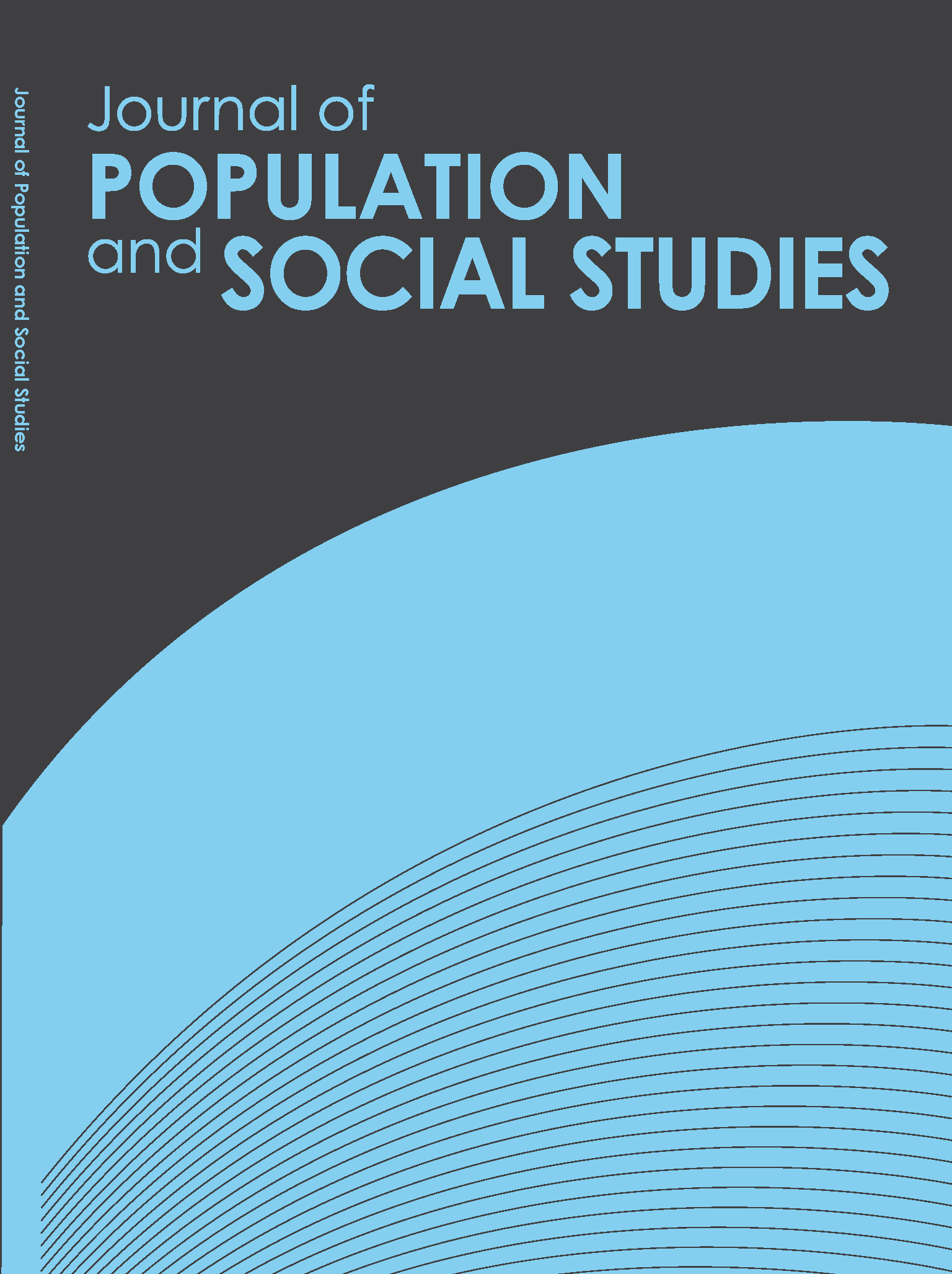The Relevance of Longitudinal Research for Population and Health
Main Article Content
Abstract
Longitudinal research is the term coined to differentiate the methodology and utility of this type of research with that of cross-sectional research. It is a necessary tool for studying social change and dynamic behavior due to its ability to track individuals over time to assess change. A prime principle of longitudinal studies is to link individual data across time.
The need for and utility of longitudinal research are extremely relevant today. The growing diversity of changes led by globalization, population trends and epidemiological transitions force researchers to better understand and grasp the nature and processes of change associated with social and behavioral dynamics. This paper synthesizes the ways in which longitudinal research has been a valuable tool for analyzing changing trends in population and health and the causal factors contributing to these changes, with special attention to its use in the Asia and
Pacific Region. The discussion centers on three main aspects, beginning with an overview of longitudinal research, its development and changing needs, its distinctive features, and its relevance to population and health research. The presentation continues with a review of the utility of longitudinal studies in population and health research, followed by an assessment of the prospects and challenges for longitudinal studies.
The need for and utility of longitudinal research are extremely relevant today. The growing diversity of changes led by globalization, population trends and epidemiological transitions force researchers to better understand and grasp the nature and processes of change associated with social and behavioral dynamics. This paper synthesizes the ways in which longitudinal research has been a valuable tool for analyzing changing trends in population and health and the causal factors contributing to these changes, with special attention to its use in the Asia and
Pacific Region. The discussion centers on three main aspects, beginning with an overview of longitudinal research, its development and changing needs, its distinctive features, and its relevance to population and health research. The presentation continues with a review of the utility of longitudinal studies in population and health research, followed by an assessment of the prospects and challenges for longitudinal studies.
Article Details
How to Cite
Yoddumnern-Attig, B., Guest, P., Thongthai, V., Punpuing, S., Sethaput, C., Jampaklay, A., Gray, R., & Vorasiriamorn, Y. (2008). The Relevance of Longitudinal Research for Population and Health. Journal of Population and Social Studies [JPSS], 16(2), 1–34. retrieved from https://so03.tci-thaijo.org/index.php/jpss/article/view/84568
Section
Research Articles


